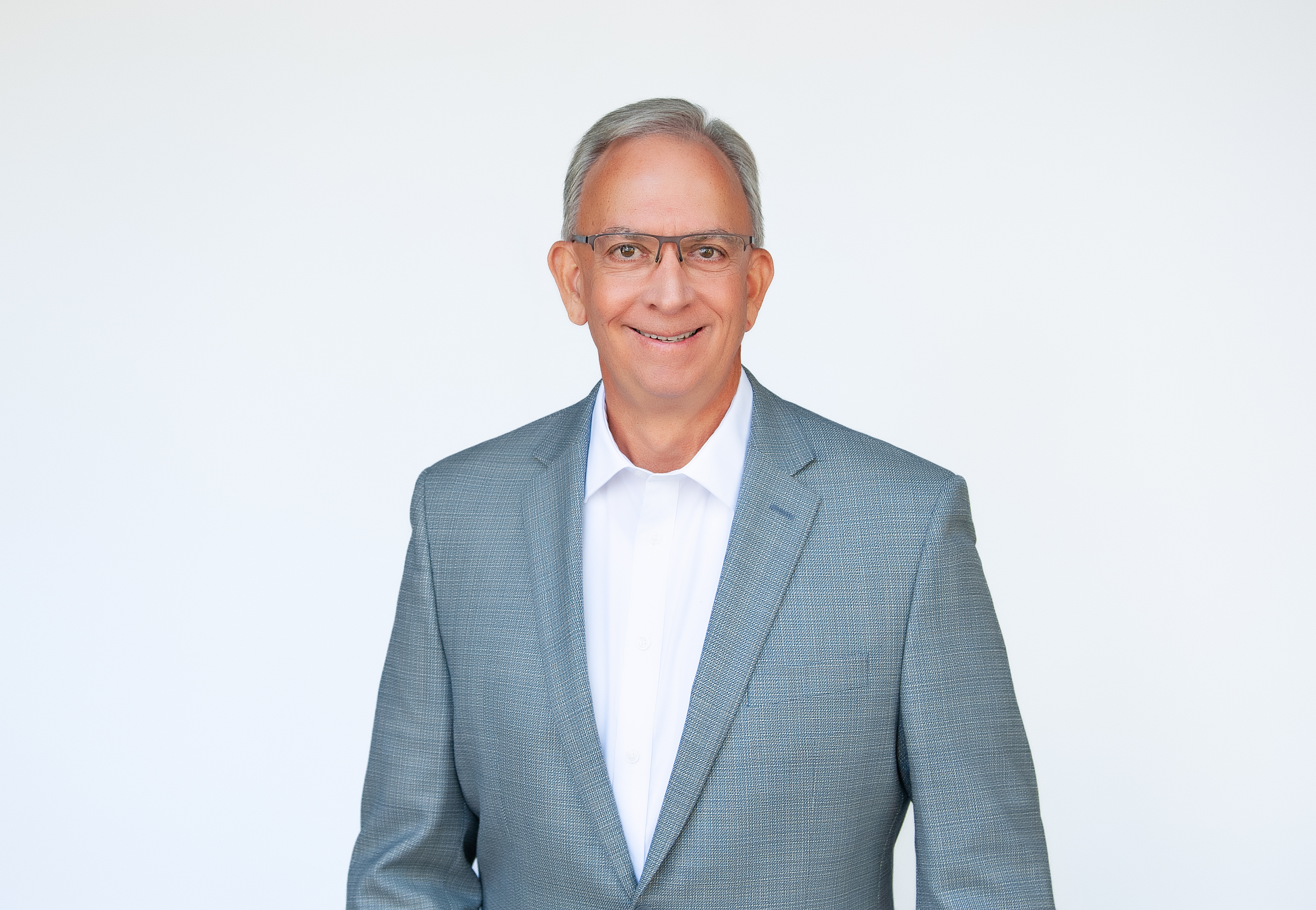
5 minute read
Facing Forward: Revival
During my early years of ministry, one of our great revivalists, Elwood Matthews, was serving as the director of evangelism for the Church of God of Prophecy. Kelly and I were blessed to serve along with a number of others as national evangelists. We were all expected to travel the country and be in revival services at least twenty nights each month. Most revivals lasted at least seven to ten days, which could seem like an eternity if not much was happening, but I also remember those times of revival that we wished would never end. There were certain qualities most every great revival had in common.
First, there was preparation. Pastors made it a point to promote and plan for revival. It was talked about, prayed about, preached about, planned for, and advertised. Invitations were extended, area churches were invited, special music was arranged, and finances were designated. The oft used quote attributed to Benjamin Franklin really is true, “If you fail to plan, you are planning to fail.”
Second, there was pause. A collective effort was made by members of the congregation to break from their busy routines in order to prioritize their time and energy for spiritual renewal. This pause served to realign the priority of seeking first the kingdom of God and elevating the worth of revival. This became a significant teaching moment as parents modeled this pause to their children.
Third, there was a sense of expectation. What is expectation? It is the pitter-patter of little feet as children run down the stairs on Christmas morning. It is the cheer of thousands of fans in the sports arena as the teams make their entrance. Expectation is the excitement of a young married couple as they welcome a newborn into their family. Revival carries with it this same excitement and anticipation. Perhaps we might call it faith in motion. It is a feeling that something good is about to happen—that God is about to open the windows of heaven.
Fourth, the Word and worship were the centerpiece of revival. The music would reverberate in the hearts of true worshippers as it ushered them into the presence of the Lord. Afterward, the evangelist would be tasked with delivering a powerful, on-time, faith-building sermon through the anointing of the Holy Spirit that would convict, stir, bless, and challenge the congregation.
Finally, revival was often marked with experiences of salvation, sanctification, and Spirit baptism. Many testified to being healed, delivered, and set free. It was also in these revival settings that many heard the call of God as they tuned their ears to hear his voice.
Revival was, and still is, the thunderous roar of the Spirit that confronts every demon, every sickness, and every stronghold with the two words of Scripture—“But God!” These two words literally change everything.
Acts 13 describes how the people in Jerusalem and their leaders found no legal reason to execute Jesus, yet they asked Pilate to have him killed anyway. When all the prophecies surrounding his death had been fulfilled, they took him down from the cross and placed him in a tomb. For those who had left all to follow Jesus, death seemed so final. Then came these two words in verse 30, “BUT GOD raised him from the dead.”
These two words appear again in the second chapter of Ephesians. Paul had been reminding the saints and faithful followers of Christ Jesus of their ugly pasts. They used to live in sin just like the rest of the world, obeying the devil, the commander of the powers in the unseen world. In their earlier lives, they had followed the passionate desires and inclinations of their sinful nature and were subject to God’s anger. Then Paul shares the two words that literally changed everything—“BUT GOD is so rich in mercy, and he loved us so much, that even though we were dead because of our sins, he gave us life when he raised Christ from the dead . . .” (Ephesians 2:4–5 NLT).
Even in the most dire of settings, these two words rewrite the script:
I was sinking deep in sin, . . . but God!
My marriage was falling apart, . . . but God!
My children had left the faith, . . . but God!
Cancer was ravaging my body, . . . but God!
My life was a wreck, . . . but God!
The church that I pastor was in decline, . . . but God!
I felt burned out and ready to walk away from my calling, . . . but God!
These two words bring life and restore hope. They quicken, renew, resuscitate, recover, repair, and save. “But God” is the difference between death and life, failure and success, defeat and victory.
So, what does all this mean for the church today? Many churches no longer have revival meetings as I have described here. Perhaps we should, as they say in my part of the country, “shake that bush once again.” Or if not, we must find a fresh, new path that will bring us to this same destination—a place of revival.
I am praying these words over the Church of God, a song penned by William P. Mackay in 1863:
Revive us again; fill each heart with Thy love;
May each soul be rekindled with fire from above.
Hallelujah! Thine the glory.
Hallelujah! Amen.
Hallelujah! Thine the glory.
Revive us again.











